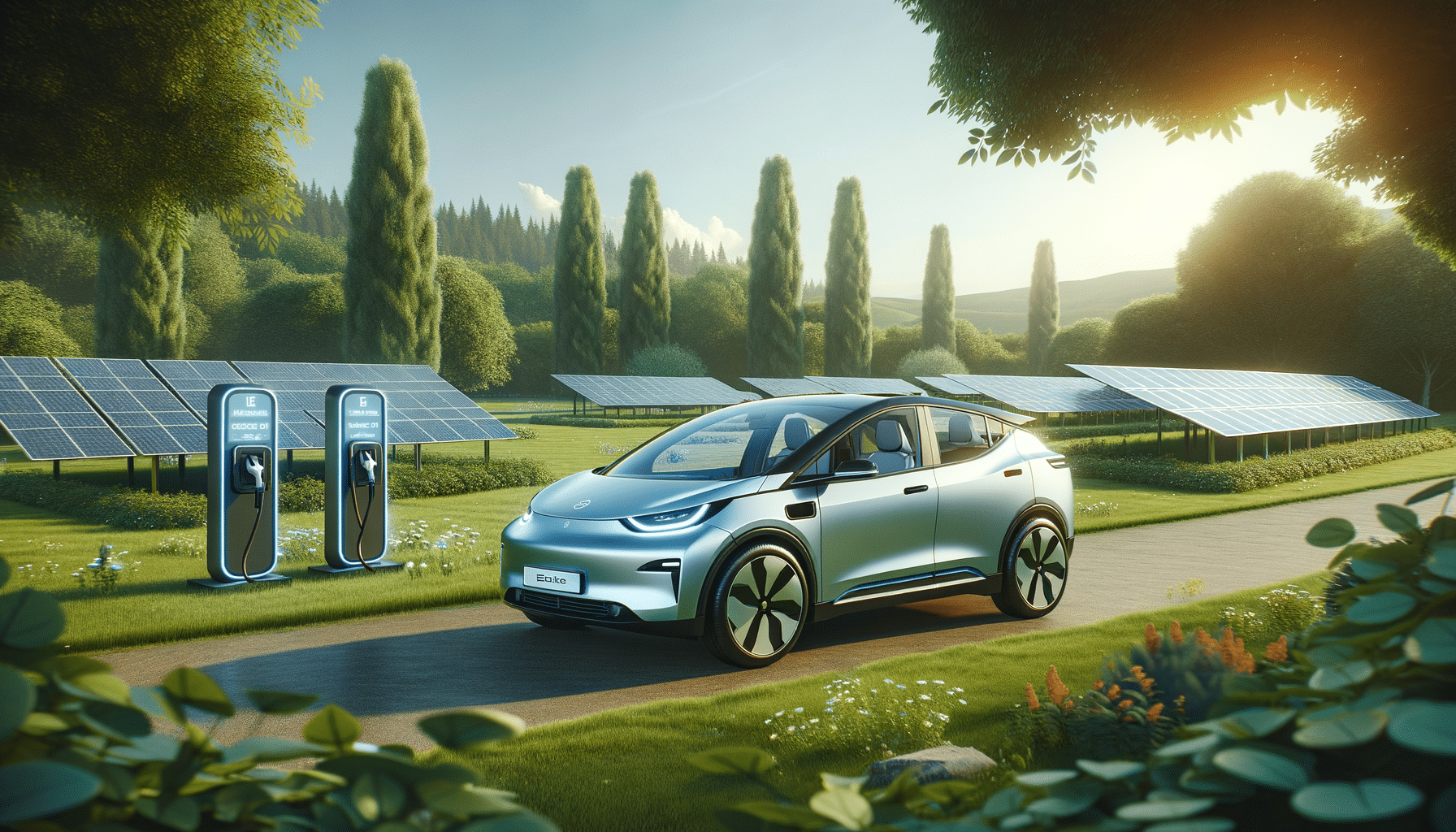
Guide to Buying a Budget-Friendly Electric Car
Introduction to Electric Cars
In recent years, electric cars have emerged as a key player in the automotive industry, offering a sustainable alternative to traditional gasoline vehicles. As concerns about climate change and environmental sustainability grow, more consumers are considering electric vehicles (EVs) as their next car purchase. This guide aims to provide a comprehensive overview of electric cars, focusing specifically on budget-friendly options for those looking to make an eco-friendly switch without breaking the bank.
Understanding the Benefits of Electric Cars
Electric cars offer numerous benefits that make them an attractive choice for many consumers. One of the most significant advantages is their environmental impact. EVs produce zero tailpipe emissions, which helps reduce air pollution and greenhouse gas emissions. Additionally, electric cars are often more energy-efficient than their gasoline counterparts, converting a higher percentage of energy from the grid to power at the wheels.
Another benefit is the cost savings associated with electric vehicles. While the initial purchase price can be higher, EV owners often save money in the long run due to lower fuel costs and reduced maintenance expenses. Electric cars have fewer moving parts than traditional vehicles, which means fewer things can go wrong. This translates to less frequent repairs and lower maintenance costs over time.
Exploring Budget-Friendly Electric Car Options
For those interested in purchasing an electric car without spending a fortune, there are several budget-friendly options available. Many automakers offer affordable models that provide a balance between price and performance. These vehicles typically have smaller battery packs, which may result in a shorter driving range, but they still offer the essential benefits of electric vehicles.
When considering a budget-friendly electric car, it’s important to evaluate factors such as range, charging infrastructure, and available incentives. Some regions offer tax credits or rebates for electric vehicle purchases, which can significantly reduce the overall cost. Additionally, the availability of charging stations in your area can impact the convenience of owning an EV.
Charging Infrastructure and Its Importance
A critical aspect of owning an electric car is understanding the charging infrastructure. Unlike traditional vehicles that can refuel at any gas station, electric cars require access to charging stations. The availability and accessibility of these stations can influence the practicality of owning an EV, especially for those who frequently travel long distances.
There are several types of charging options available for electric cars, including home charging stations, public charging stations, and fast chargers. Home charging is often the most convenient and cost-effective option, allowing owners to charge their vehicles overnight. Public charging stations, on the other hand, provide flexibility for longer trips, while fast chargers can significantly reduce charging times.
Conclusion: Making the Switch to Electric
Transitioning to an electric car can be a rewarding decision, both environmentally and financially. As technology advances and more budget-friendly options become available, electric vehicles are becoming more accessible to a wider range of consumers. By understanding the benefits, exploring available options, and considering the importance of charging infrastructure, potential buyers can make informed decisions that align with their needs and values.
Whether you’re driven by environmental concerns, cost savings, or simply the appeal of cutting-edge technology, electric cars offer a compelling alternative to traditional vehicles. With careful consideration and research, finding a budget-friendly electric car that meets your needs is within reach.


